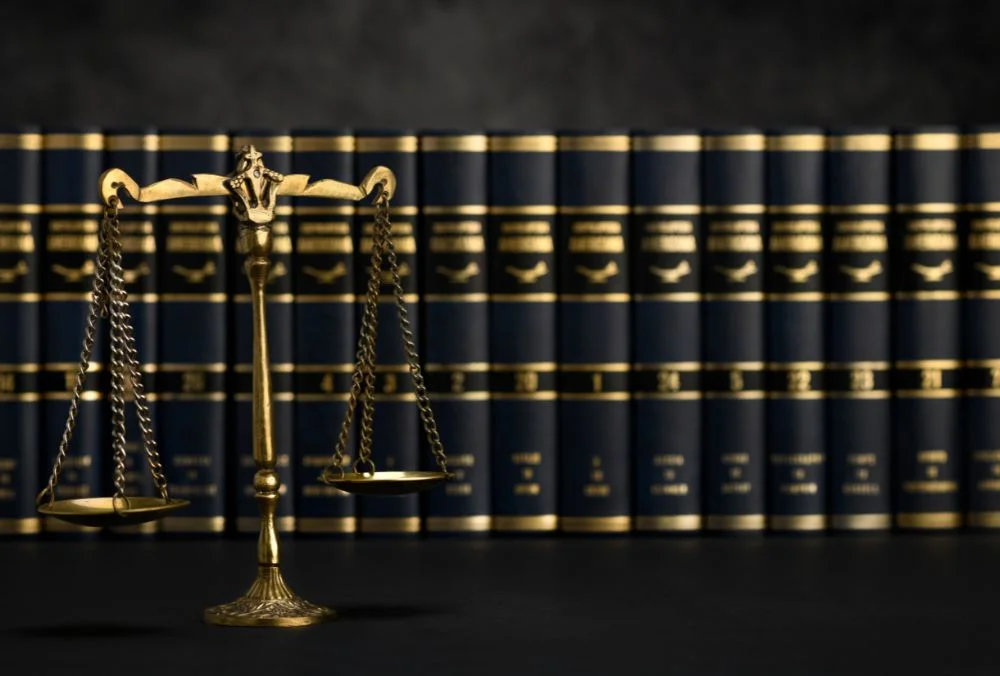Negligence is a foundational concept in tort law that refers to a person’s failure to exercise the level of care that a reasonable person would in similar circumstances, resulting in harm to another party. It is not about intentional wrongdoing, but rather carelessness or a breach of duty that causes injury, loss, or damage. Negligence applies across many areas of law, including personal injury, medical malpractice, product liability, and professional liability.



Have questions or concerns? You can speak directly with one of our Negligence Lawyer specialists by texting your question or clicking the chat icon in the header to start a private conversation.
At its core, negligence involves a failure to act with reasonable care. To establish a legal claim of negligence, a plaintiff must prove four key elements:
Duty of Care
The defendant owed a legal obligation to the plaintiff to act with care. For example, drivers owe a duty to other road users to drive safely.
Breach of Duty
The defendant breached that duty by acting (or failing to act) in a way that a reasonable person would not have under similar circumstances.
Causation
The plaintiff must show that the breach of duty directly caused their injury. This includes:
Actual cause ("but for" causation): But for the defendant’s actions, the harm would not have occurred.
Proximate cause: The harm was a foreseeable result of the defendant’s actions.
Damages
The plaintiff suffered actual harm or loss as a result of the breach (e.g., physical injury, property damage, financial loss, emotional distress).
Negligence can take different forms depending on the context:
Ordinary Negligence: General failure to exercise reasonable care (e.g., slipping hazards left unaddressed in a store).
Gross Negligence: Extreme disregard for the safety or lives of others. More serious than ordinary negligence and may involve punitive damages.
Comparative Negligence: The plaintiff may share some fault. Damages are reduced based on the plaintiff's percentage of fault.
Contributory Negligence: In some jurisdictions, if the plaintiff is even slightly at fault, they may be barred from recovering any damages.
Professional Negligence: Applies to professionals (e.g., doctors, lawyers, accountants) who fail to meet the standards of their profession.
Personal Injury Law: Accidents such as car crashes, slip-and-falls, and dog bites often involve negligence.
Medical Malpractice: Healthcare providers can be held liable for harm caused by failing to meet professional medical standards.
Product Liability: Manufacturers may be found negligent for producing defective or dangerous products.
Occupiers' Liability: Property owners or occupiers have a duty to keep their premises safe for visitors.
Professional Liability: Professionals who give poor advice or fail in their duties can be sued for negligence.
Defendants may raise several defenses in a negligence case, including:
No Duty of Care: Arguing that they did not owe a duty to the plaintiff.
Assumption of Risk: The plaintiff knowingly accepted the risk involved in the activity.
Contributory or Comparative Negligence: Asserting that the plaintiff's own negligence played a role in their injury.
Intervening Cause: An unforeseeable, independent event broke the chain of causation.
Negligence law serves multiple purposes:
Accountability: It holds individuals and organizations responsible for carelessness that harms others.
Compensation: Victims can receive financial compensation for their injuries and losses.
Deterrence: It encourages safer practices by making individuals and businesses more cautious.
Justice: It provides a legal remedy for harm that may not involve criminal intent but still deserves redress.
All information is provided for general knowledge purposes only and is not meant as a replacement for professional legal advice. If you have a personal legal question that requires legal advice, please consult a lawyer. At the end of each video you would be directed to contact an actual lawyer for a free consultation The Three Dimensions Law is not liable for any loss or damage caused by an individual’s reliance on information or material obtained from Flair Response. By accessing the information, individuals agree to release Three Dimensions from all liability.

Our goal is simple: we help give people the right legal answers. We offer straightforward legal explanations in clear language. Flairresponse.com serves as a platform providing up-to-date information on Canadian laws.
© 2025 Flair Response. All Rights Reserved.